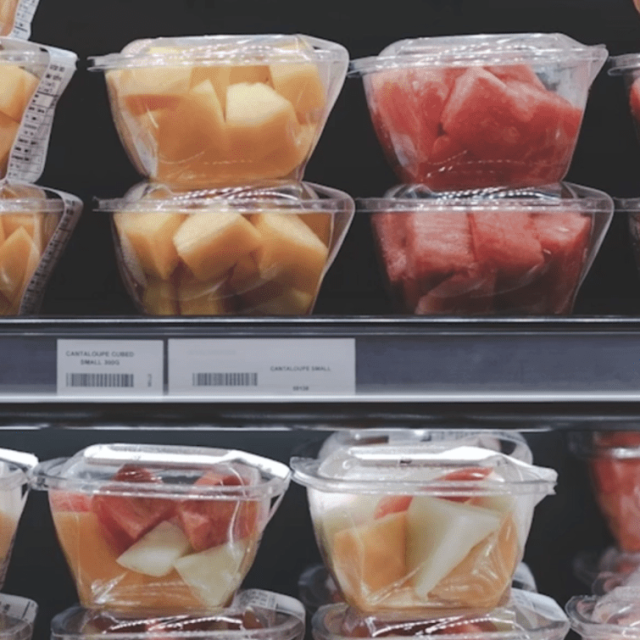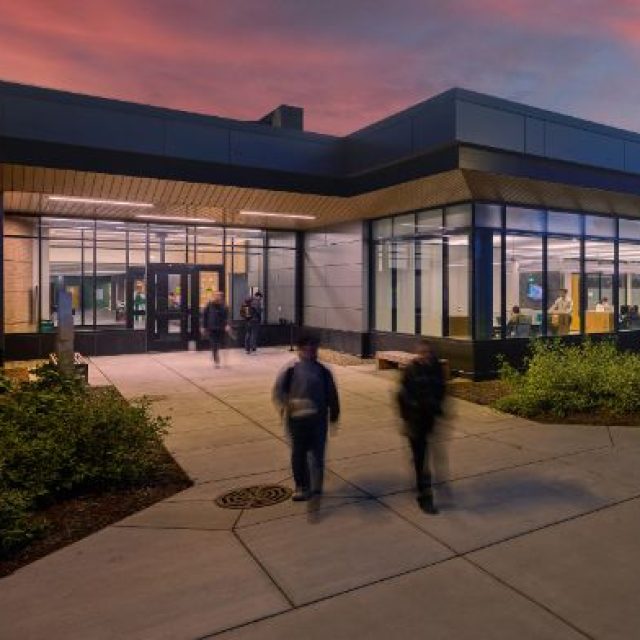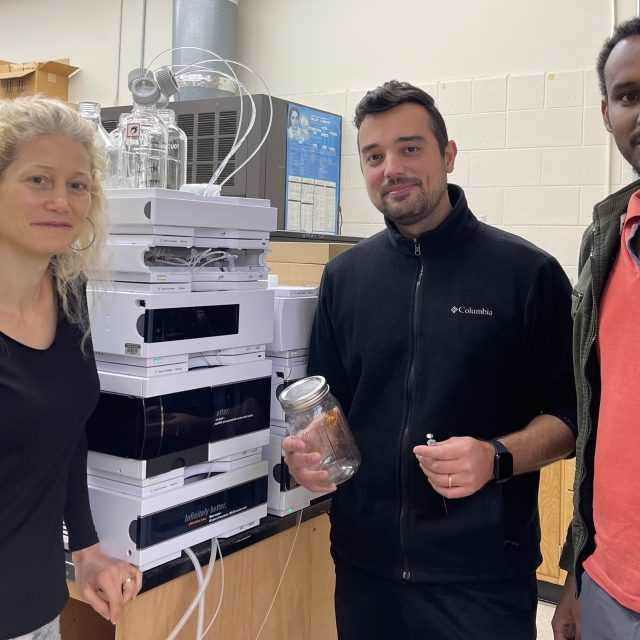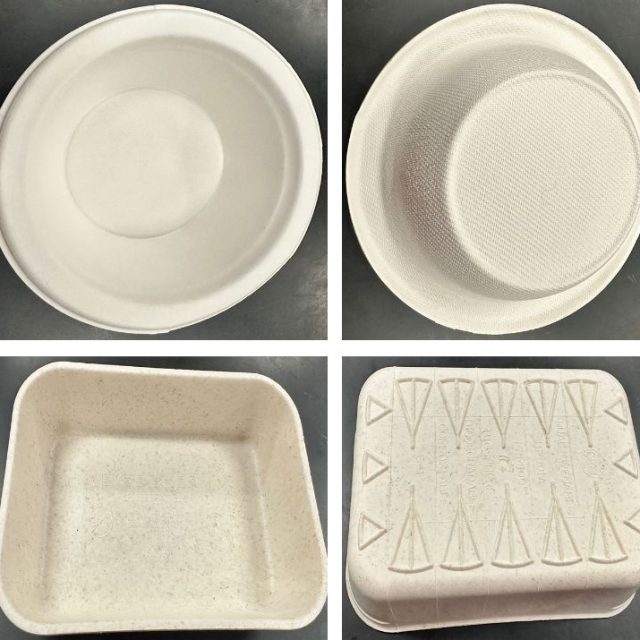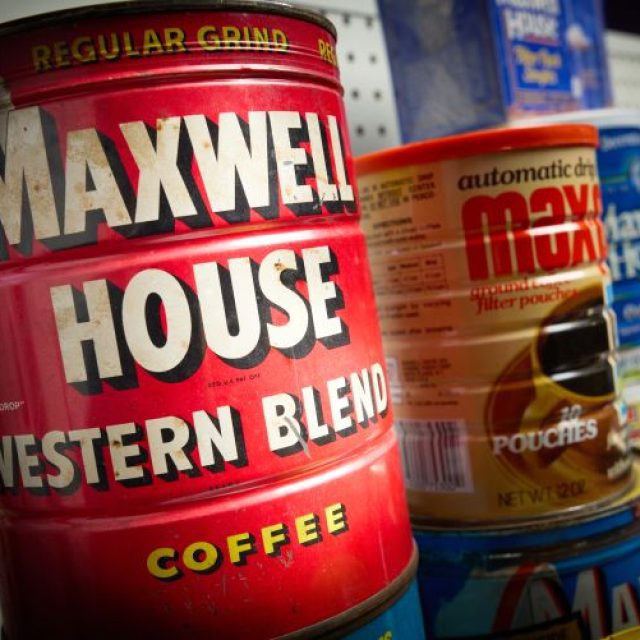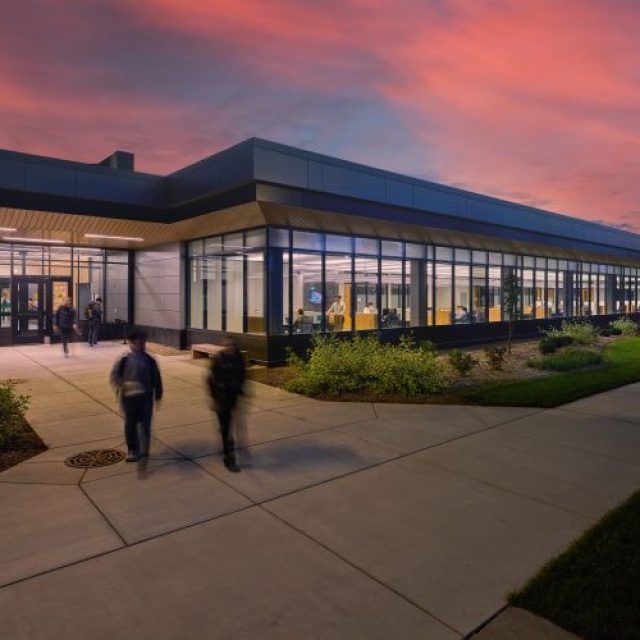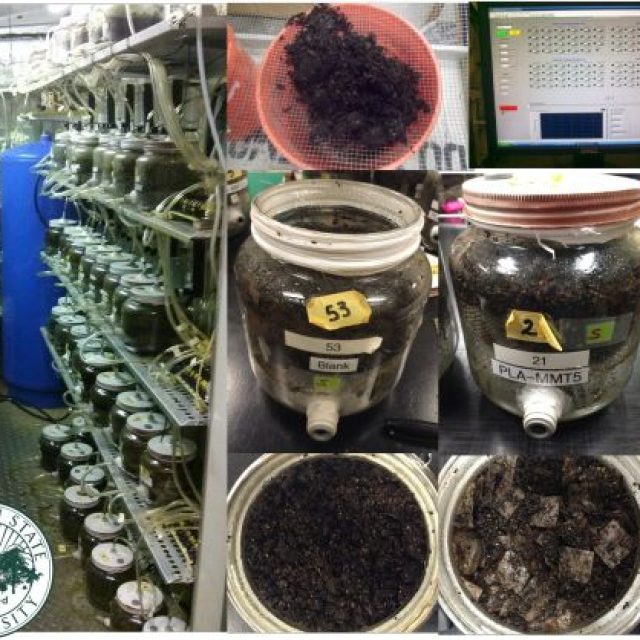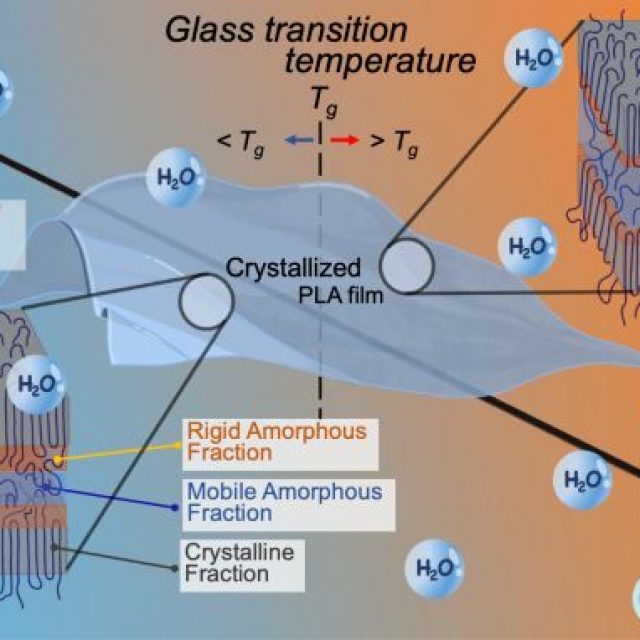MSU Packaging News
Researchers develop easier-to-recycle multilayer plastics
Each year, the world produces roughly 100 million tons of flexible multilayer plastic packaging — materials that keep food fresh and pharmaceuticals safe from moisture and oxygen. Yet most of these plastics are nearly impossible to recycle due to their complex, chemically incompatible layers. Michigan State University scientists have developed a new kind of plastic …
Inaugural Packaging Symposium Sparks Regional Collaboration on Packaging Solutions
Hosted by the MSU Research Foundation, the event showcased Michigan’s leadership in advanced packaging and brought together regional partners to explore innovation, public-private collaboration, and the future of materials recovery and reuse. EAST LANSING, Mich. (Apr. 15, 2025) — The inaugural Packaging Symposium, hosted by the MSU Research Foundation, took place on Wednesday, April 2, …
Plastipak invests in MSU School of Packaging Building Expansion
Plastipak Packaging, Inc., a leading innovator in the packaging and recycling industries, has made a gift to the Michigan State University (MSU) School of Packaging (SoP) to support a major expansion to the SoP building. Plastipak’s donation will be used to support a transformational expansion project approved by the MSU Board of Trustees in February 2024 that will double the …
New research finds that certain packaging materials can show 70% lower emissions than alternatives
A comprehensive assessment by researchers, including Rafael Auras from Michigan State University, sought to evaluate the potential environmental impacts of replacing polyethylene, or PE, packaging like bags, films and containers with alternative materials, including paper, glass, aluminum and steel. The findings reveal that PE packaging can have an average life cycle global warming potential, or GWP, …
MSU’s Rabnawaz named National Academy of Inventors Fellow
Muhammad Rabnawaz, associate professor in Michigan State University’s School of Packaging, has been elected into the 2024 Class of Fellows by the National Academy of Inventors, a member organization comprising U.S. and international universities. The NAI Fellowship is the highest professional distinction awarded solely to inventors. This election to the NAI Fellows Program recognizes Rabnawaz’s pioneering research in …
MSU faculty at the heart of Packaging 2.0
The MSU School of Packaging, established within the College of Agriculture and Natural Resources as the first of its kind in 1952, is the largest packaging program in the country, with more than 600 students each year and 10,000 alumni worldwide – graduating 40 percent of all the packaging professionals in the United States. Under the leadership of …
Team of MSU researchers awarded EPA grant to further sustainable packaging initiative
A team of researchers at Michigan State University’s (MSU) School of Packaging has received research funding from the Environmental Protection Agency (EPA) to produce environmentally low-impact packaging solutions as alternatives to non-biodegradable and single-use options. The grant falls under EPA’s People, Prosperity and the Planet (P3) Program and funds Phase II of the 18th Annual …
Interim Dean Daum shares vision for CANR at Michigan State University
Matthew Daum, Ph.D., the newly appointed interim dean of CANR at MSU, steps into the role with a wealth of experience and expertise. As he embarks on this new chapter, Dr. Daum shares his perspective on leadership and his vision for CANR’s future. Matthew Daum, Ph.D., the newly appointed interim dean of the College of …
MSU School of Packaging unveils the MSU Collective for NewProductWorks
LANSING, MI — Michigan State University School of Packaging (SoP) will unveil the MSU Collective for NewProductWorks on April 10, 2024, at the Smithers Facility in Lansing, Michigan. The result of decades of painstaking curation and archival research, the MSU Collective for NewProductWorks contains more than 140,000 packaged goods manufactured from 1980 onwards, encompassing 350 categories in …
Investment in top-ranked MSU School of Packaging will expand building, research
The Michigan State University Board of Trustees today voted to authorize the planning of a major expansion to the MSU School of Packaging. The $25 million investment will double the size of the building and significantly increase research capacity, creating space for more faculty and graduate students. “Positioning Spartans for continued innovation and leadership, this new …
Boosting Degradation of Biodegradable Polymers
Compostability certification of polymers is time-consuming and expensive. Approaches to accelerating the biodegradation of these polymers in simulated composting conditions can facilitate and speed up evaluating potential compostable polymers. Biodegradation of polymers in composting conditions is an alternative end-of-life scenario for contaminated materials collected through the municipal solid waste management system, mainly when mechanical or …
Hydrolytic Degradation of Poly(lactic acid): Unraveling Correlations between Temperature and the Three Phase Structures
Updated from an original article written by Rafael Auras. Hydrolytic degradation of poly(lactic acid): Unraveling correlations between temperature and the three-phase structures Polymer Degradation & Stability, 2023, (217) 110537 Hydrolysis significantly influences both the properties and degradability of poly(lactic acid), PLA. This work investigates the hydrolysis kinetics of PLA films as affected by degree …

